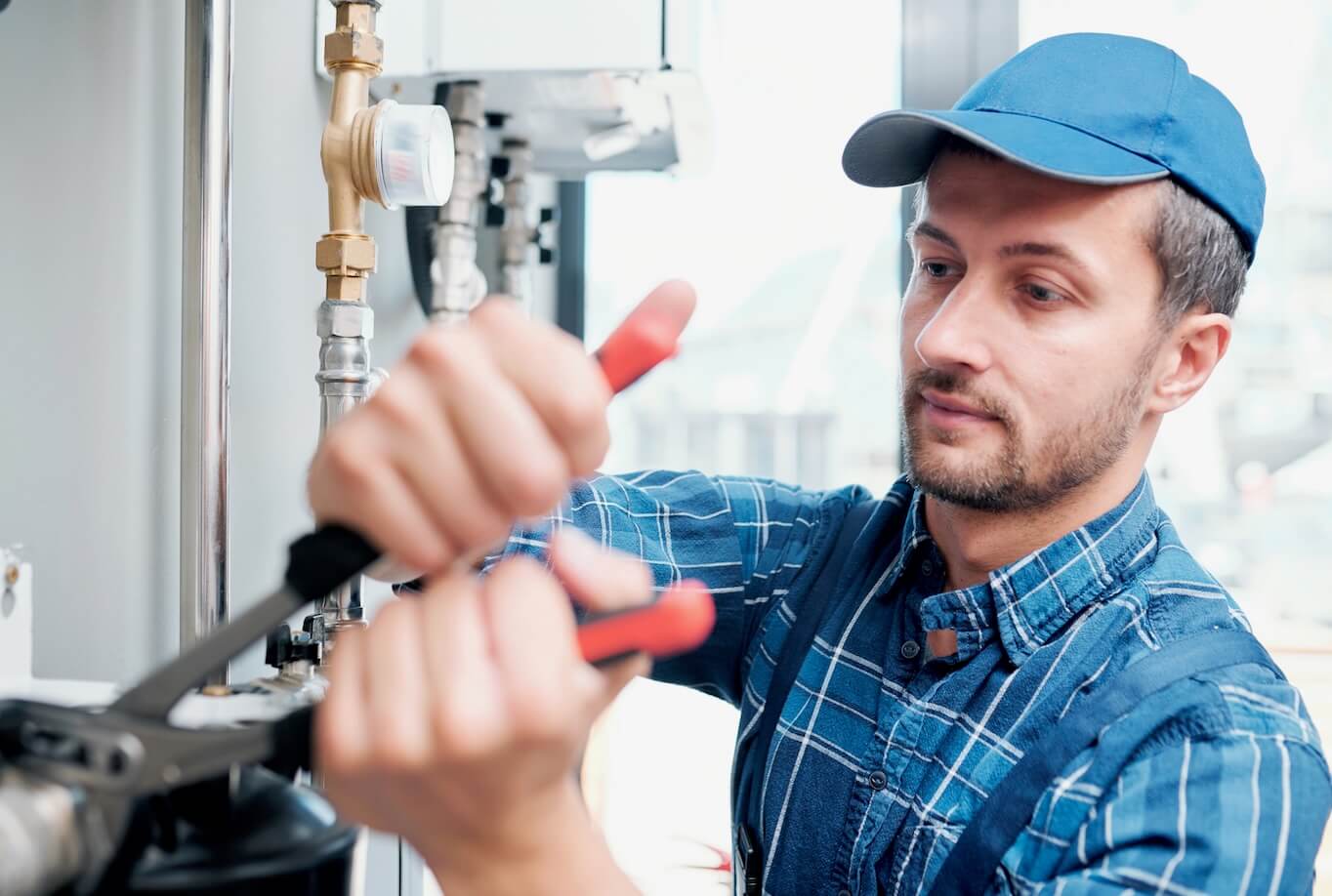Preventing a plumbing emergency can feel a bit like predicting the weather – challenging but not impossible. While unexpected problems might still arise, with regular maintenance and a proactive approach, you can minimise the risk significantly. So, let’s delve into some vital strategies on how to prevent plumbing emergencies in your home.

- Regular Inspections are Essential
The first and perhaps most crucial strategy is conducting regular inspections. Plumbing systems, like anything else in your home, are subject to wear and tear. Regular inspections can help identify potential problem areas before they become full-blown emergencies. A trusted professional, like a plumber Melbourne, can be your best ally in this endeavour, providing a thorough evaluation of your home’s plumbing system.
- Maintain Your Drains
A common household plumbing emergency is a blocked drain – to avoid this, ensure you’re mindful of what goes down your sink, shower, and toilet drains. Grease, coffee grounds, hair, and non-flushable items can clog up your pipes and cause significant issues. Regularly using a safe, biodegradable drain cleaner can also help maintain clear drains.
- Be Aware of Your Home’s Water Pressure
High water pressure may make for a satisfying shower, but it can also put undue strain on your pipes, potentially leading to leaks or bursts. Keep an eye on your home’s water pressure and consider installing a pressure regulator if it consistently measures over 60 psi.
- Insulate Your Pipes
In colder regions, pipes can freeze and eventually burst, causing substantial damage. To prevent this, insulate your pipes to protect them from freezing temperatures. If a cold snap is on the horizon, let your faucets drip slightly to maintain water flow and reduce the likelihood of freezing.
- Replace Ageing Pipes
If your home is several decades old and the pipes have never been replaced, it might be time for an upgrade. Older pipes made of galvanised steel, for instance, are susceptible to corrosion over time, leading to leaks and potentially significant water damage. In such cases, replacing these pipes with newer, more durable materials like copper or PVC can prevent future emergencies.
- Know Where Your Shut-off Valves Are
In case of a plumbing emergency, you need to know how to shut off the water supply to your home or to a specific appliance quickly. Familiarise yourself with the location of these valves, and make sure they are easily accessible and functional.
- Keep an Eye on Your Water Bill
An unexpected increase in your water bill could be a sign of a hidden leak. If your usage hasn’t changed significantly but your bill has, it might be time to call in a professional for a leak detection service.
- Schedule Regular Professional Maintenance
Even with regular DIY inspections, professional plumbers have the experience and tools to spot potential problems you may miss. Scheduling routine professional maintenance with a local, reliable plumber can go a long way in preventing plumbing emergencies.
By taking these preventive measures, you can significantly reduce the likelihood of facing a major plumbing catastrophe
However, if an emergency does strike, it’s comforting to know you have a trusted partner on speed dial. Whether you need a routine inspection, maintenance, or urgent repair, a professional plumber can provide prompt, reliable service to keep your home’s plumbing system in top condition.
Remember, prevention is always better and more cost-effective than cure. So, start implementing these steps today, and enjoy the peace of mind that comes with a well-maintained plumbing system. If you’re interested to find out more about plumbing services visit Inner City Plumbing.

